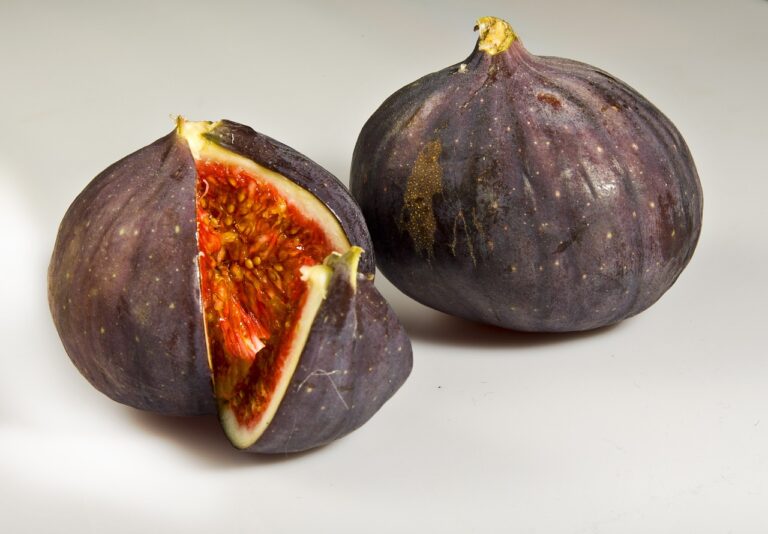Investigating the Health Benefits of Spices and Herbs
Spices and herbs have been used for centuries not only to enhance the flavor of dishes but also for their potential health benefits. Many spices and herbs contain a wide array of antioxidants that can help protect the body from oxidative stress and damage caused by free radicals. For example, turmeric, commonly used in curry powder, is known for its powerful anti-inflammatory and antioxidant properties that may aid in reducing inflammation in the body.
Additionally, cinnamon, a popular spice used in both sweet and savory dishes, has been linked to potential benefits such as improving blood sugar control and reducing the risk of heart disease. Studies have suggested that cinnamon may help lower blood sugar levels by increasing insulin sensitivity, making it a promising spice for individuals with diabetes or those looking to improve their metabolic health. The diverse range of health benefits associated with spices and herbs makes them valuable additions to a balanced diet and culinary repertoire.
Understanding the Nutritional Value of Different Spices and Herbs
When it comes to spices and herbs, their nutritional value goes beyond just adding flavor to our dishes. Many spices and herbs are packed with essential vitamins, minerals, and antioxidants that can contribute to a balanced diet. For example, turmeric is known for its active compound curcumin, which has antioxidant and anti-inflammatory properties that can benefit overall health.
Additionally, herbs like oregano and parsley are not only flavorful additions to meals but also contain important nutrients such as vitamin K, vitamin C, and calcium. By incorporating a variety of spices and herbs into our cooking, we can not only enhance the taste of our dishes but also boost the nutritional content of our meals.
Exploring the Anti-inflammatory Properties of Various Spices and Herbs
Ginger, well-known for its spicy and aromatic characteristics, has been studied for its potential anti-inflammatory properties. Studies suggest that compounds found in ginger, such as gingerol, may help reduce inflammation in the body. Incorporating ginger into your diet, whether in its fresh form, powdered, or as a supplement, may provide some anti-inflammatory benefits.
Another herb that has gained attention for its anti-inflammatory properties is turmeric. Curcumin, the active compound in turmeric, has been shown to have potent anti-inflammatory effects in various studies. Adding turmeric to your meals or consuming it in the form of a supplement may help decrease inflammation in the body and potentially offer health benefits.
What are some potential health benefits of using spices and herbs?
Spices and herbs are rich in antioxidants and various nutrients that can help boost immunity, improve digestion, and reduce inflammation in the body.
How can understanding the nutritional value of different spices and herbs benefit our health?
Knowing the nutritional value of spices and herbs can help us incorporate them into our diets in a more intentional way, ensuring we are getting a wide range of vitamins, minerals, and other beneficial compounds.
What are some examples of spices and herbs that have anti-inflammatory properties?
Turmeric, ginger, garlic, cinnamon, and cloves are just a few examples of spices and herbs that have been shown to have anti-inflammatory properties and can help reduce inflammation in the body.
How can I incorporate more spices and herbs into my diet to benefit from their anti-inflammatory properties?
You can add spices and herbs to your meals when cooking, sprinkle them on top of dishes for added flavor, or brew them into teas for a soothing and anti-inflammatory drink option.







